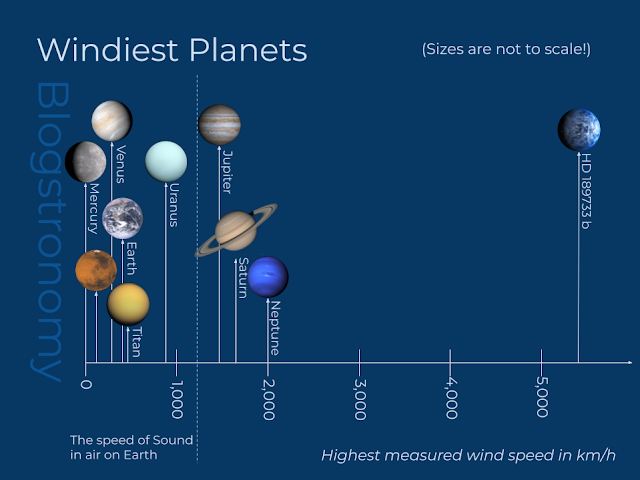What Happens to Light Emitted by Dead Stars?
"What happens to the light emitted by dead stars in their lifetime?" - Question posed by Bharti.
Imagine a rocket leaving a planet, headed for the distant reaches of its galaxy. Now imagine that the planet is destroyed after the rocket is propelled out of its solar system. What happens to the rocket? Not a lot, other than it doesn't receive any more messages from loved ones, PPI repayment companies or the Inland Revenue.
You could think of light given off by a star in a similar way: once it's left the star, light is its own boss. It has broken free of the chains to its parent and is making its own way in the universe. Whether or not the star subsequently perishes makes no difference to the photons on their journey across the universe; they don't suddenly cease to exist as well*. But what does happen to a photon after this point in its life?
One of two things:
- It hits something. Photons (individual packets of light) will continue in a straight line unless their path is bent by passing near to a source of gravity or actually hitting something. When it hits something it could be reflected (in the same way that some of the light from the Sun is reflected when it hits the Moon, which is why we can see it at night) or be absorbed (as some of the light from the Sun must be when it hits the Moon, or else it'd be a lot brighter than it is). Some of the light from distant stars is absorbed by our own eyes- this is how you can see them- or by photographic plates or CCDs - this is how we obtain photographs of them. Once you've seen a photon, it cannot be unseen... its energy has been used up somewhere else. Absorbing photons from a star is largely what keeps our own planet warm enough for us to live on and supplies us with energy, via plants.
- It doesn't hit something. The jury's not completely decided on how long it lasts if it doesn't hit anything, but it is considerably swayed in favour of 'forever'. If nothing gets in the way of a photon it will probably thunder along at the speed of light indefinitely. There are some who believe that the frequency of light decays of its own accord over time (known as 'tired light') which would imply that light itself has a limited, if still extremely long shelf-life. This has been posited as an alternative explanation of the redshift seen when observing distant galaxies, but there is, to my knowledge, no reputable evidence for this hypothesis.
* This is how we can see stars that are already dead.



Comments
Post a Comment